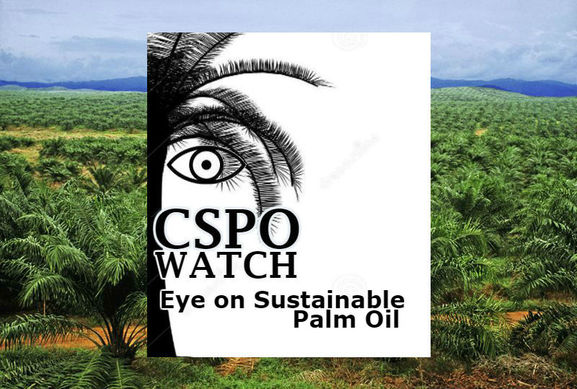The Sustainable Palm Oil Monitor
|
|
Welcome to CSPO Watch
Headline news on the global palm oil industry is featured on our Palm Oil News page.
As we head into 2024, the issues on palm oil have shifted dramatically. Key issues we will be looking at in 2024 will be:
1. The EU's Due Diligence and Deforestation Regulations have become law in 2023. The legislations are supposed to prevent the importation of commodities associated with deforestation. Commodities include coffee, cocoa, beef, soy and palm oil. Enforcement of Due Diligence and Deforestation Regulations are questionable. Will national schemes for certified palm oil like the ISPO and MSPO be accepted by the EU?
2. With food security and self reliance on cooking oils being targeted by countries from India to Africa, will their national plans for expansion of palm oil and other vegetable oils succeed?
3. With energy hungry but resource poor countries like Japan or the European Union unable to meet clean energy requirements as part of their commitments at COP26, will palm oil in its various forms be accepted as a sustainable source of green energy?
4. Trade deals continue to shape the future of the industries in Indonesia and Malaysia but what will it mean for certified palm oil when the biggest importers of palm oil in India and China, places more weight on price than sustainable production?
At CSPO Watch, we will continue to present views and opinions on the different issues surrounding sustainable commodities. If you have any thoughts or opinions on the issues, please use the handy Contact Us or email The Editor [email protected]
Headline news on the global palm oil industry is featured on our Palm Oil News page.
As we head into 2024, the issues on palm oil have shifted dramatically. Key issues we will be looking at in 2024 will be:
1. The EU's Due Diligence and Deforestation Regulations have become law in 2023. The legislations are supposed to prevent the importation of commodities associated with deforestation. Commodities include coffee, cocoa, beef, soy and palm oil. Enforcement of Due Diligence and Deforestation Regulations are questionable. Will national schemes for certified palm oil like the ISPO and MSPO be accepted by the EU?
2. With food security and self reliance on cooking oils being targeted by countries from India to Africa, will their national plans for expansion of palm oil and other vegetable oils succeed?
3. With energy hungry but resource poor countries like Japan or the European Union unable to meet clean energy requirements as part of their commitments at COP26, will palm oil in its various forms be accepted as a sustainable source of green energy?
4. Trade deals continue to shape the future of the industries in Indonesia and Malaysia but what will it mean for certified palm oil when the biggest importers of palm oil in India and China, places more weight on price than sustainable production?
At CSPO Watch, we will continue to present views and opinions on the different issues surrounding sustainable commodities. If you have any thoughts or opinions on the issues, please use the handy Contact Us or email The Editor [email protected]
|
TOP OF THE NEWS!
Malaysia commits to supplying China with sustainable palm oil, says deputy minister Chan Read The Edge Malaysia |
Read our latest commentary:
Orangutan Diplomacy a Great Idea for Conservation But May Face Local Protests |
|
|
|



